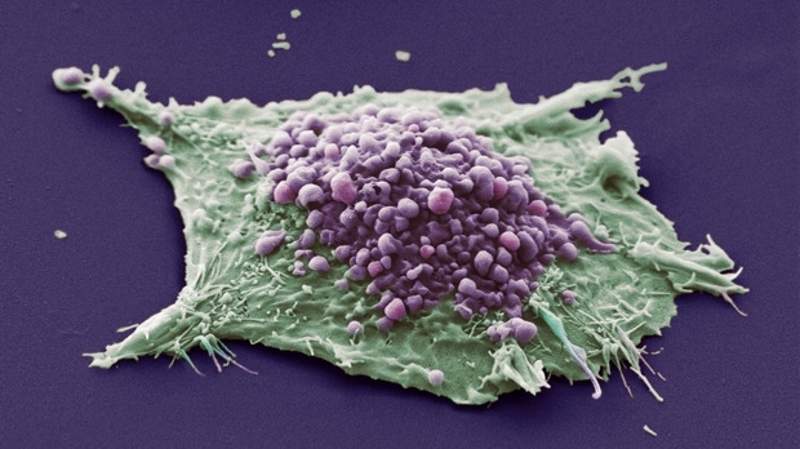

Cancer Research UK has reported that the Phase III OAK clinical trial of atezolizumab (Tecentriq) conducted by German-based University Goettingen to treat patients with lung cancer has achieved positive results.

Discover B2B Marketing That Performs
Combine business intelligence and editorial excellence to reach engaged professionals across 36 leading media platforms.
Tecentriq is a monoclonal antibody targeting and binding to programmed death ligand-1 (PD-L1), a protein expressed on tumour cells and tumour-infiltrating immune cells.
PD-L1 interacts with PD-1 and B7.1, both found on the surface of T-cells, which inhibits T-cells. Blocking this interaction, Tecentriq activates T-cells and restores their ability to effectively detect and attack tumour cells.
The Phase III, open-label, multicentre, randomised controlled trial enrolled 1,225 patients with non-small-cell lung cancer who were left with no treatment options.
Half of the patient population was administered with atezolizumab and the other half were treated with docetaxel chemotherapy.

US Tariffs are shifting - will you react or anticipate?
Don’t let policy changes catch you off guard. Stay proactive with real-time data and expert analysis.
By GlobalDataAfter examining the first 850 patients, results suggested efficacy of atezolizumab in extending the survival of patients with minimised side effects compared to those receiving standard chemotherapy.
According to study findings, atezolizumab was more effective for patients with the highest levels of the PD-L1 molecule on their cells.
Cancer Research UK professor Peter Johnson said: “This is another great example of how research into the immune system can deliver powerful new treatments.
“This new era of cancer treatment provides hope for several cancer types, especially lung cancer and melanoma, that were previously really hard to treat effectively.”
Hôpitaux Universitaires de Strasbourg professor Elisabeth Quoix stated that such studies will gradually reduce the status of chemotherapy as the mainstay treatment for cancer patients.
However she stressed on the importance of carrying out further studies to explore the best ways of using the drugs in combination and in a cost-effective way.
Image: Lung cancer cell. Photo courtesy: LRI EM Unit.





